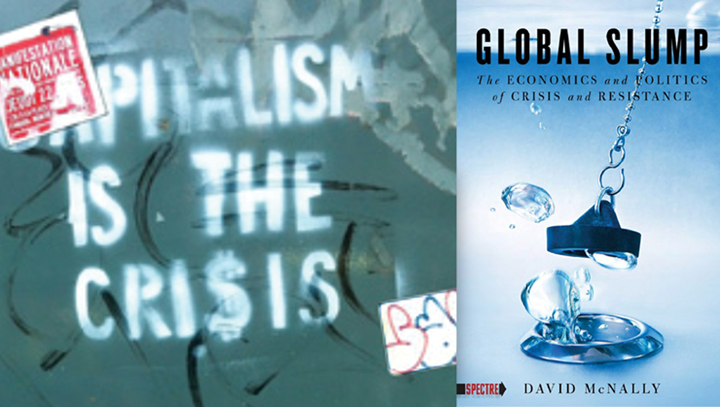2008 Capitalist Crisis: McNally’s Global Slump
It remains important for us to understand the underlying causes within this late stage of capitalist development that led to the 2008 crisis, and how the international community of capitalist interests regrouped so that we of the working classes develop our capacity to effectively take on the political, ideological and economic challenges we are facing now and in the struggles ahead for a better life for all. McNally’s Global Slump is an impressive attempt to provide such a Marxist understanding for the crisis and a good example to see the explanatory power of Marx’s social theory as laid out in the three volumes of Capital.




